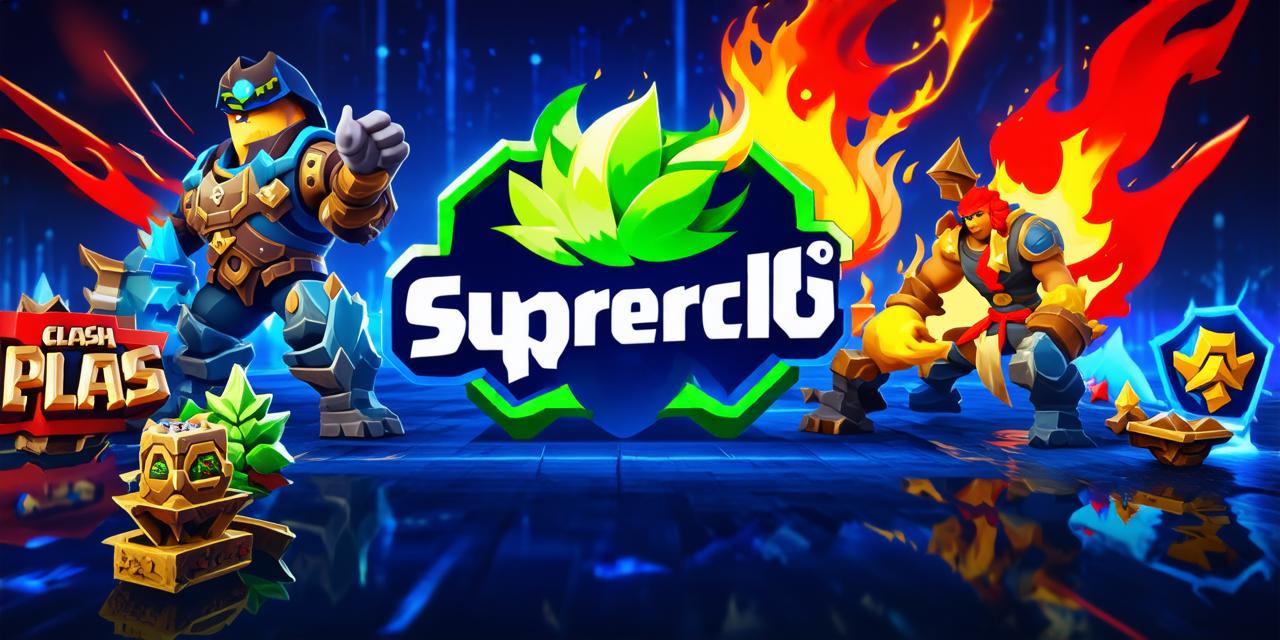Artificial Intelligence in Game Creation: An Overview
AI technology is a broad term that refers to the development of computer systems that can perform tasks that typically require human intelligence, such as reasoning, decision-making, and problem-solving. In the context of game creation, AI tools are used to create intelligent non-player characters (NPCs), dynamic environments, and interactive storytelling experiences.
One of the key benefits of AI in game creation is the ability to create more realistic and responsive NPCs. Traditional game development methods rely on pre-programmed responses and behaviors for NPCs, which can result in stiff and unnatural interactions. By incorporating AI technology, developers can create NPCs that can learn, adapt, and react to player actions in real-time. This results in more engaging and immersive gameplay experiences.
Another area where AI is being used in game creation is in the development of dynamic environments. AI algorithms can be used to generate procedurally generated content, such as terrain, objects, and enemies, which can create a more unpredictable and challenging gameplay experience. Additionally, AI can be used to control the behavior of these elements in response to player actions, creating a more responsive and interactive environment.
AI Tools for Game Creation: Examples and Case Studies
There are several AI tools available that are designed specifically for game creation. Here are some examples of how these tools can be used to enhance the player experience:
Unity ML-Agents
Unity ML-Agents is an open-source machine learning platform that allows developers to train and deploy AI agents in their games. With ML-Agents, developers can create intelligent NPCs that can learn from their interactions with players and adapt their behavior over time. For example, a developer could train an AI agent to become a more effective guard in a stealth game by teaching it to detect and respond to player movements.
DeepMind’s AlphaGo

AlphaGo is an AI system developed by DeepMind that was able to defeat the world champion in the game of Go. While not directly related to game creation, AlphaGo demonstrates the power of AI in complex problem-solving and decision-making tasks. This technology could potentially be applied to game design to create more challenging and engaging puzzles and challenges for players.
Google’s TensorFlow
TensorFlow is an open-source machine learning library that can be used to train AI models for a variety of applications, including game creation. With TensorFlow, developers can create NPCs that can learn from their interactions with players and adapt their behavior over time. For example, a developer could use TensorFlow to train an AI agent to become a more effective hunter in a survival game by teaching it to track and pursue prey based on player actions.
Epic Games’ Unreal Engine
Unreal Engine is a popular game development platform that includes built-in support for AI. With Unreal Engine, developers can create dynamic environments that can react to player actions in real-time. For example, a developer could use Unreal Engine to create an AI-controlled enemy that can adapt its tactics based on player behavior, making the gameplay experience more challenging and engaging.
Summary
AI tools designed for game creation have the potential to revolutionize the way games are designed, developed, and played. By incorporating AI technology into their games, developers can create more realistic and responsive NPCs, dynamic environments, and interactive storytelling experiences. As AI technology continues to evolve, we can expect to see even more innovative uses of AI in game creation in the future. So whether you’re a game developer or just an avid gamer, keep an eye on these exciting developments and the possibilities they bring for enhancing your gaming experience.




